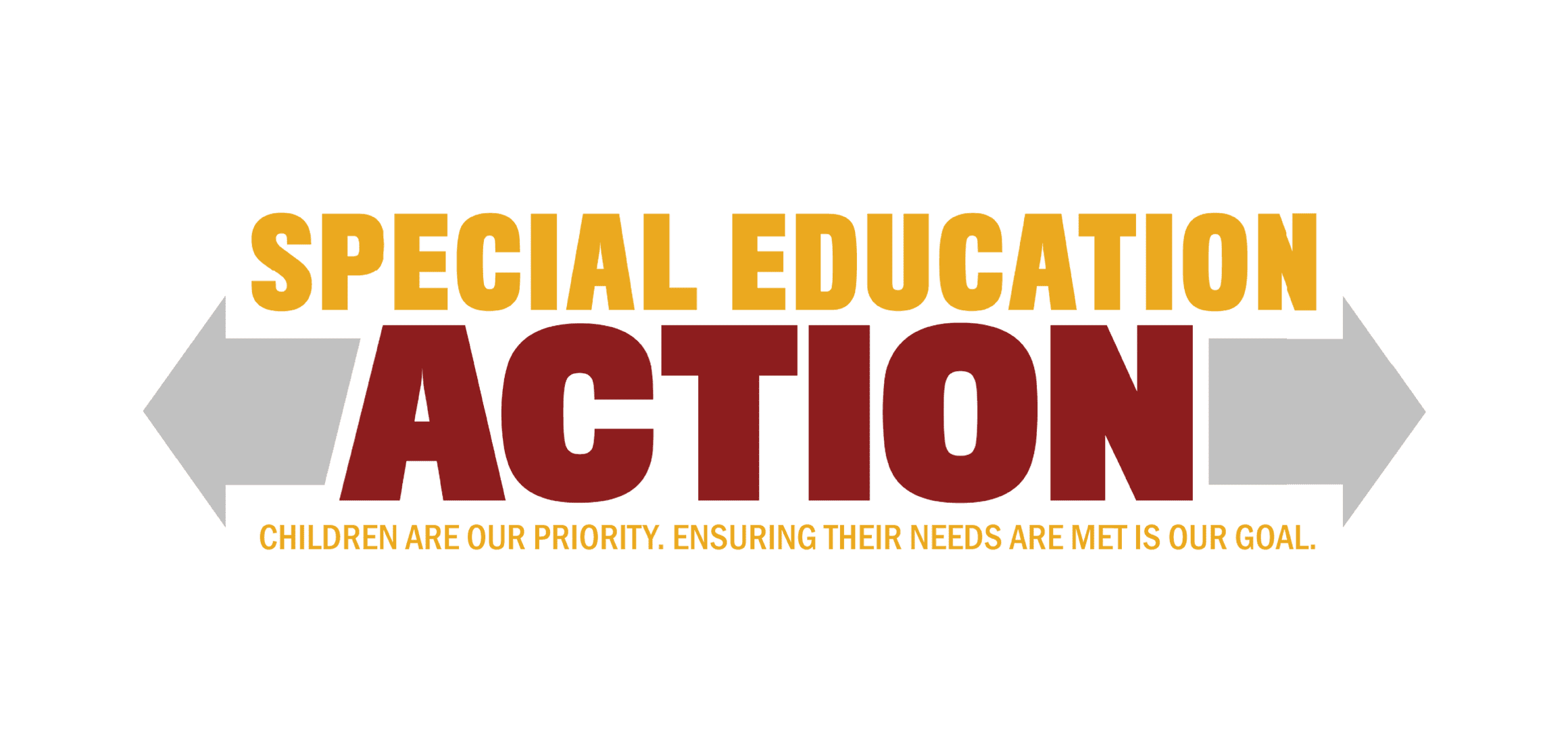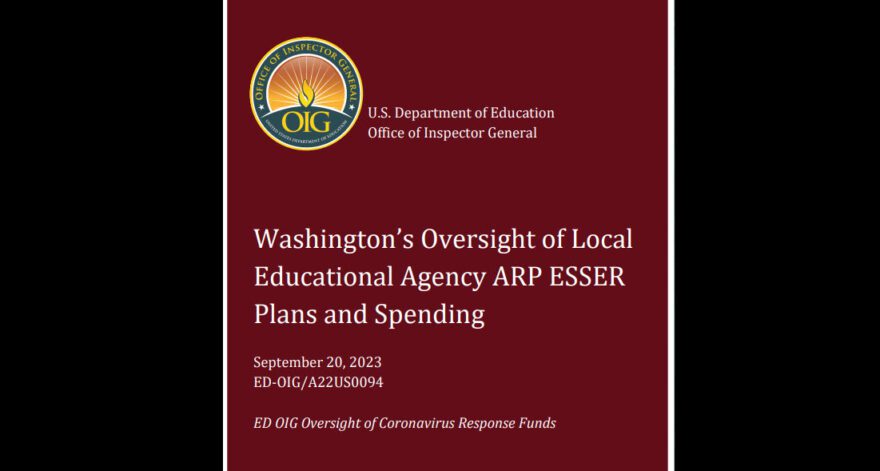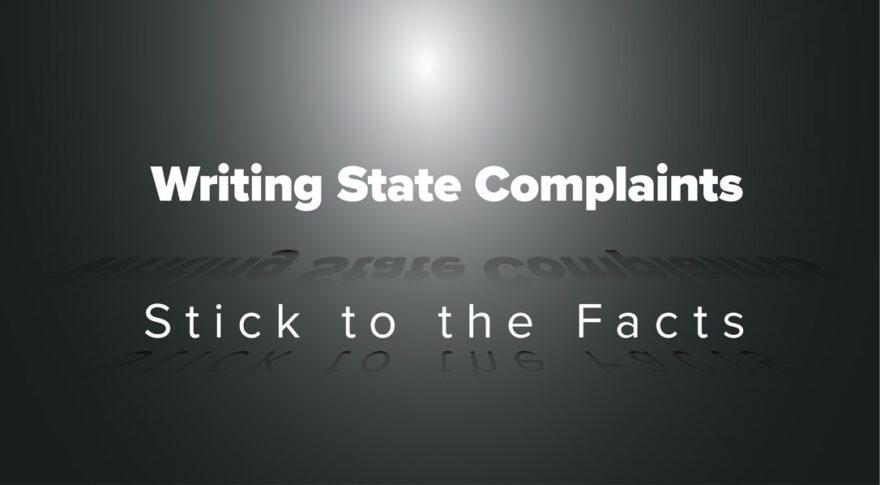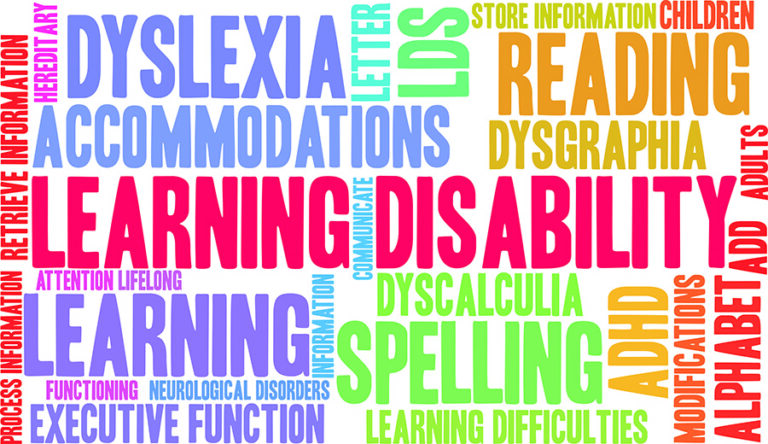
Special Education Action's mission is to ensure parents, educators, and students have the information and tools necessary to fully understand, address, and safeguard the unique needs of all students who require special education.
Recent Articles
Washington Failed to Provide Adequate Oversight of ARP ESSER Plans and Spending; U.S. Dept. of Education Office of Inspector General Releases Investigation Findings
UPDATE: VDOE Opens Systemic Complaint on FCPS: Denial of FAPE to Preschool, Honors, Foreign Language, and Day School Students
July 13, 2023: Article updated to include additional information Complainant submitted to VDOE; FCPS’s response to Complaint’s state complaint; and the timeline extension letter VDOE issued itself July 10, 2023, one day before VDOE’s Letter of Findings was due. VDOE set September 15, 2023, as the new due date.
September 18, 2023: Article updated to include VDOE’s second timeline extension letter, in which it changed its timeline from September 15 to October 31, 2023, as well as additional evidence provided to FCPS by Complainant.
May 23, 2023, Virginia Department of Education opened another systemic complaint investigation into Fairfax County Public Schools, in response to a complaint filed May 12, 2023.
The complaint alleges FCPS is at fault for systemic failures to provide FAPE, to include but not limited to failure to address the unique academic, behavioral and functional needs of its students; failures to appropriately place students; and failures to provide services to students who elect to enroll in Honors classes.
Writing State Complaints: Stick to the Facts
Ch-Ch-Ch-Ch-Changes; Time for Change and Thanks
You’ll notice a more robust menu, with a wider variety of categories to explore. More important, you’ll notice the site is on its way to being ADA compliant.
It’s the Law: IEP Implementation
IEPs are the responsibility of the school to implement from day one of the school year.
If you run into issues with the date of implementation and implementation by teachers, you’ll want to look at some of these regulations.
The Language of IEPs and 504s: Ban “As Needed”
If you’re advised “that’s how we do it”, ask for documentation citing this to be true, and pull out IDEA or Section 504, and point out “as needed” doesn’t appear in either.
A child doesn’t need an IEP plan or a 504 plan as needed.
Children need everything in their IEPs or 504s period.





